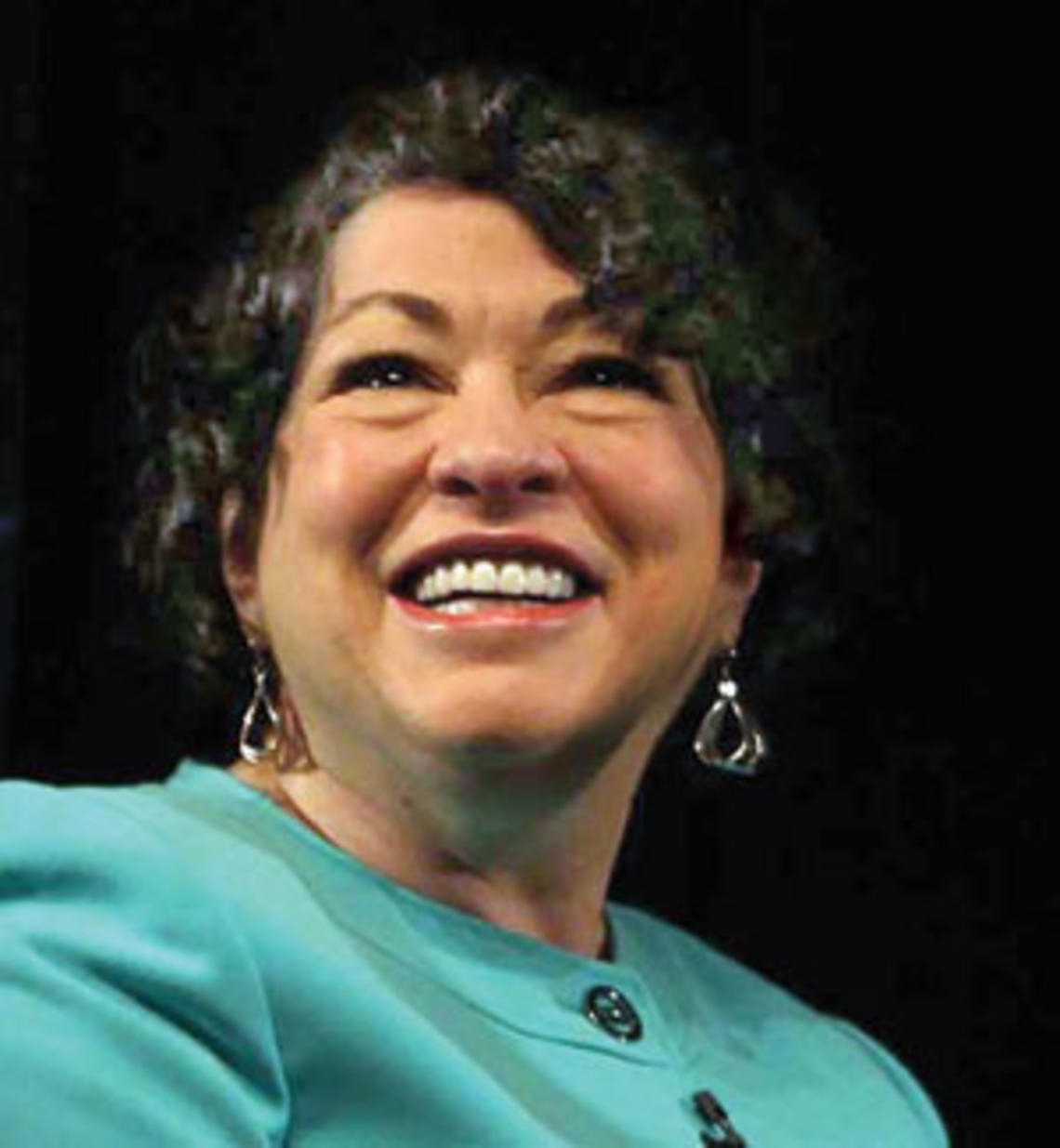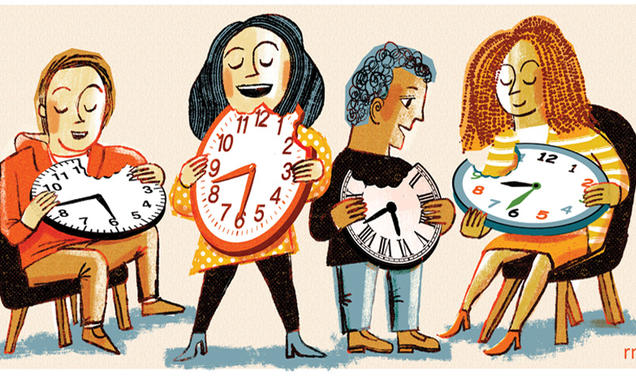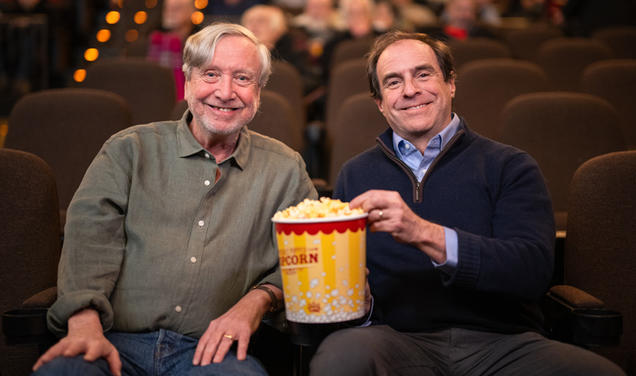
In her recently released memoir, “My Beloved World” (Alfred A. Knopf), Justice Sonia Sotomayor ’76 describes her rise from poverty in the South Bronx to Princeton, Yale Law School, and the federal bench. At Princeton she won the Pyne Honor Prize and later became a University trustee. President Obama nominated her for the U.S. Supreme Court in 2009. She spoke with PAW in January.
You came to Princeton in 1972 as a triple minority: a woman, a Latina, and someone from a low-income family. Which was hardest to overcome?
Poverty of any kind, especially cultural poverty, is difficult for anyone who comes to Princeton, whether you’re from Appalachia or the South Bronx or the barrio in Los Angeles. The sense of being different is going to be overwhelming.
Studies have shown that students from disadvantaged backgrounds often have trouble completing college. How should we address that?
You do what [former professor] Peter Winn did for me. You find a mentor who can guide them. I didn’t jump into advanced courses. I started with the elementary ones, which I found later sometimes were harder because they challenged you to learn more [content] faster. But you need to find a mentor sensitive to these kids’ needs who can help them take in the process step by step, and not let them be blinded by how much there is to do. It’s not that you have to do remedial training. But you do have to help them navigate an existence that is very different from the one they have come from.
You write that you always saw yourself as an outsider at Princeton. Was there any place where you could get past that?
That is what the Third World Center did for me. It provided a blanket of security. But I also tell minority students: Don’t isolate yourself. That would be the worst thing you could do. Use it as a base from which to reach more broadly into the University. Go out and join clubs that you may never have considered accessible. Meet kids from other parts of the country. Open yourself to the vulnerability of failing.
That’s another thing mentors can do — give kids the courage to try something different. That’s what college should be about. Have the courage to fail. You can explain why you did poorly in a course that seemed interesting but took you a while to master. Show your curiosity for learning by taking courses that might not have been within the realm of expectation.
You write that you are grateful Princeton had no defined pre-law curriculum. What should aspiring lawyers study?
Anything that interests them. Anything they find a passion for. Two of the most fascinating courses I took during my freshman year were the introductory economics course I took with Professor [Burton] Malkiel [*64] and a sociology course [taught by Marvin Bressler]. Learning about supply and demand, the theories of the marketplace — these were concepts that were completely alien to me, coming from a family that didn’t even have a checking account. It was the same thing in my sociology class. I still remember my professor saying that every society has to have outcasts, because societies have to define their borders in some way between “them” and “us.” That theory gave more intellectual meaning to other things I had read, such as Lord of the Flies and Crime and Punishment.
What did you do with the money you received with the Pyne Prize?
I used it for my wedding! That’s a horrible thing to admit, but my mother struggled to pay for a large part of the wedding — I think I put her into debt — and the other part was using the Pyne Prize money. Some of the other scholarship money I got from Princeton, I had to use for dental work. Some of the room and board money I got — instead of eating, I went and got dental work.
How did you open yourself to new experiences without losing your connection to your roots?
One of the extraordinary moments in my nomination process was watching my family come to the White House. Not one of them had previously been in Washington. If you are a minority student, you’re going to feel like an outsider in both worlds very often. The trick is to ensure that you are open enough with your family to talk to them about what you are experiencing. Walk with them; don’t leave them behind.
— Interview conducted and condensed by Mark F. Bernstein ’83










1 Response
Philip D. Diggdon ’54
9 Years AgoSotomayor '76's experiences
Every Princeton person should read My Beloved World by Sonia Sotomayor ’76 (A Moment With, March 6) and Sonia Sotomayor: The True American Dream by Antonia Felix. I wrote Justice Sotomayor how, as the son of immigrants and a Princeton janitor, I experienced many of the emotional problems that she also experienced as an undergraduate at Princeton. She was kind enough to write me a personal note. What an inspiration to all poverty students who made it through Princeton, competing against the elite and well-prepared wealthy students.